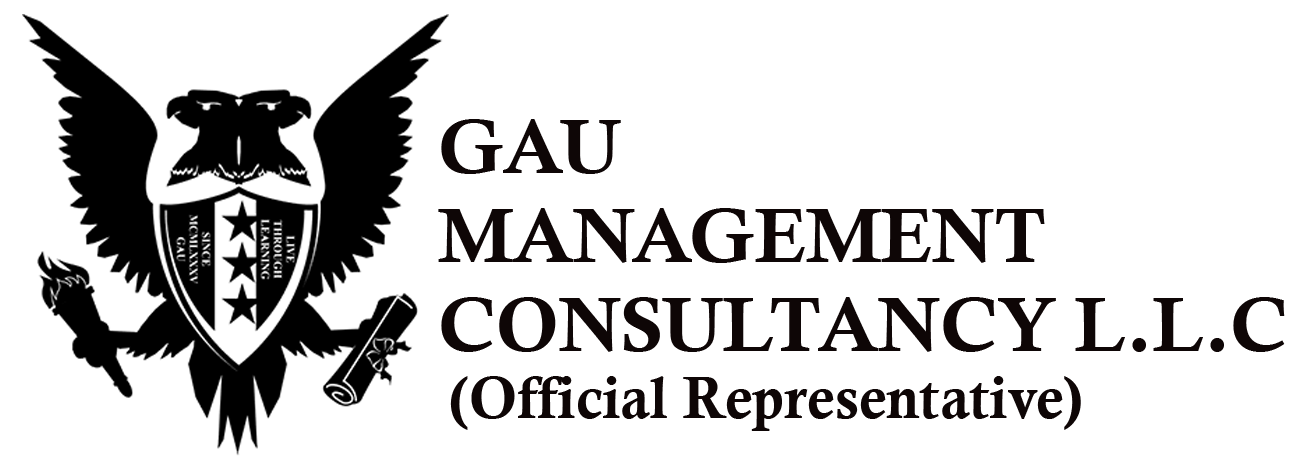About Course
Foundations Of Business Ethics:
- Define and explain the concept of business ethics.
- Discuss the historical development of business ethics and its evolution over time.
- Analyse the impact of ethical considerations on corporate decision-making.
- Discuss the importance of ethical decision-making in organizations and the impact of unethical behaviour on stakeholders.
- Evaluate the role of stakeholders, including shareholders, employees, customers, and society, in promoting business ethics and responsible corporate behaviour.
- Analyse the impact of cultural and social norms on ethical decision-making and behaviour in organizations.
Analysing Ethical Theories And Their Relevance In Ethical Practice:
- Understand and critique ethical theories
- Compare and analyze various ethical theories, providing insights into their differences and similarities.
- Examine the influence of ethical considerations on business performance and sustainability.
- Recognize the significance of integrating ethical and economic factors in corporate decision-making.
- Apply ethical decision-making frameworks to address practical business challenges.
- Assess the impact of cultural and social norms on ethical decision-making within organizations.
- Identify and propose solutions for ethical dilemmas in organizations using ethical theories and frameworks.
- Analyze case studies and real-world scenarios to gain practical insights into common business ethics challenges.
Identifying and Resolving Common Business Ethics Problem Areas:
- Identify business ethics challenges, including conflicts of interest, bribery, and discrimination.
- Examine ethical dilemmas in accounting, finance, marketing, advertising, human resources, and sustainability.
- Evaluate real-world examples of business ethics using ethical theories and decision-making frameworks.
- Discuss the significance of implementing monitoring mechanisms to prevent and detect unethical behavior, proposing solutions for identified problem areas.
- Analyze case studies and real-world scenarios, evaluating potential solutions and strategies for resolving common business ethics challenges.
Understanding Ethical Governance Perspectives:
- Discuss the basic perspectives of corporate governance.
- Analyse the role of boards of directors, shareholders rights and responsibilities, and stakeholder management in corporate governance.
- Evaluate the importance of balancing the interests of different stakeholders in corporate governance.
- Discuss various monitoring concepts for corporate governance.
- Analyse the importance of monitoring in ensuring ethical behaviour within organizations.
- Evaluate the role of individuals, organizations, and society in monitoring and promoting ethical behaviour in the corporate world.
- Corporate stewardship.
- Japanese and Chinese models for corporate governance.
Ethics and Governance Dynamics within Organizational Behaviour
- Analyse the interconnection between business ethics and corporate governance and the impact of each on responsible corporate behaviour.
- Discuss the importance of combining strong business ethics and effective corporate governance in achieving responsible corporate behaviour.
- Discuss the role of individuals, organizations, and society in promoting business ethics and effective corporate governance.
- Analyse the impact of business ethics and corporate governance on various stakeholders.
- Apply ethical decision-making frameworks and tools to real-world business scenarios.
- Discuss the role of ethical leadership in promoting business ethics and effective corporate governance.
- Analyse the impact of ethical leadership on various stakeholders.



























